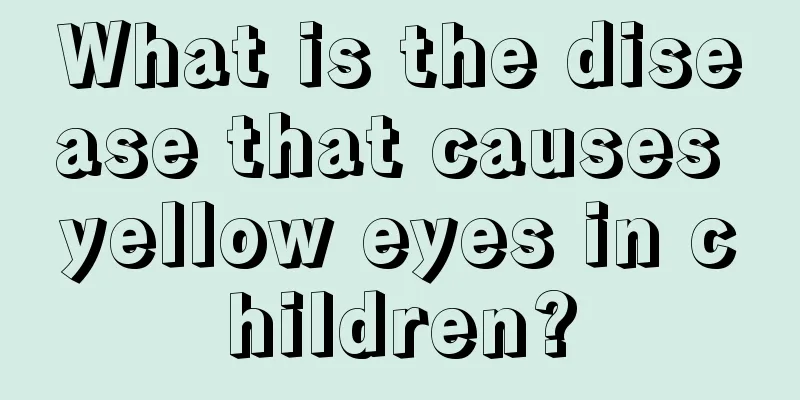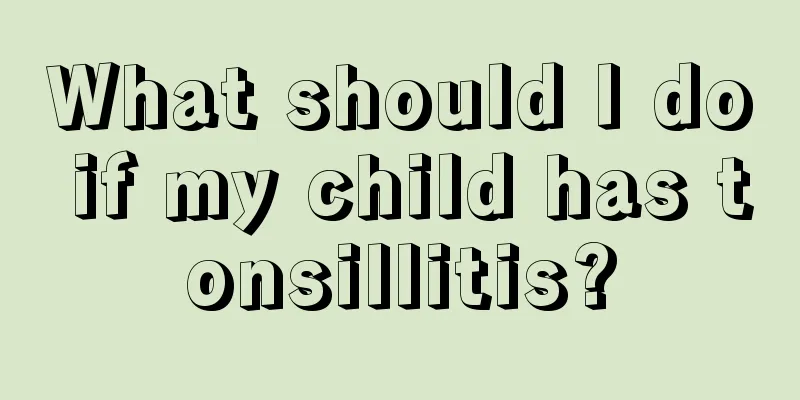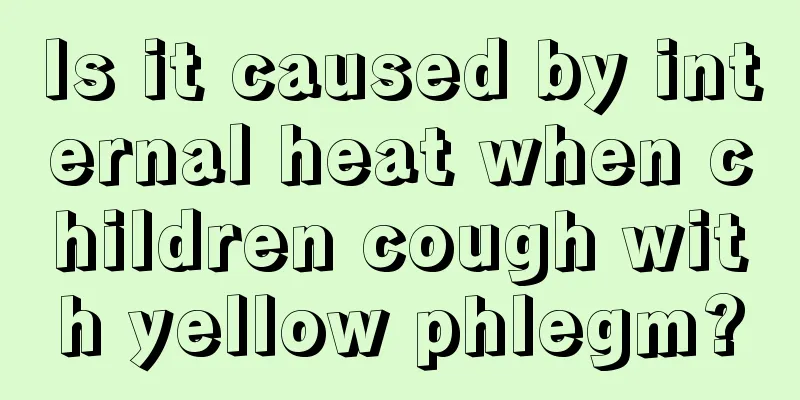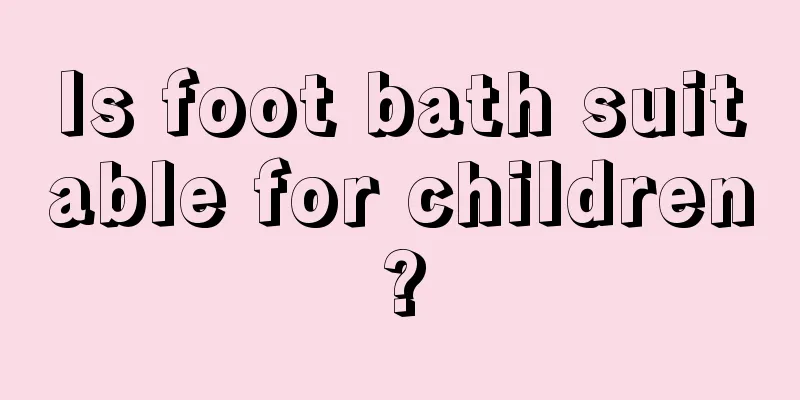9 month old baby has a fever of 38 degrees

|
Fever is a very common phenomenon for babies. After a fever occurs, parents need to provide timely care for their babies, such as asking them to drink plenty of water, maintain air circulation at home, give their babies warm baths, take off excess clothes, and correctly use cooling patches or antipyretic drugs, etc. This can effectively suppress the condition. Otherwise, it will only cause the baby's condition to worsen and cause greater health problems for the baby.
To help sweating and prevent dehydration. Water has the function of regulating temperature, which can lower body temperature and replenish water lost in the baby's body. 2. Maintain good air circulation in your home If your home has air conditioning, maintain the room temperature between 25-27℃. You can place the child in an air-conditioned room or blow an electric fan around him to slowly lower his body temperature, which will make the child feel more comfortable. But if the limbs are cold and the patient is shivering, it means that the patient needs to be warmed up, so a blanket should be added to cover the patient. 3. Warm water bath Undress the baby and rub the whole body with warm water (37°C) and a towel. This will dilate the blood vessels in the baby's skin and release body heat. In addition, when water vapor evaporates from the body surface, it will also absorb body heat.
If your baby's limbs, hands and feet are warm and he is sweating all over, it means he needs to dissipate heat and he can wear less clothes. 5. Use a cooling patch It helps to dissipate heat, but it is not recommended for younger children because it is difficult for them to turn their bodies and the ice pillow can easily cause local overcooling or hypothermia. You can also use a cooling patch. When the water in the gelatinous substance of the cooling patch evaporates, it can take away the heat and will not cause excessive cooling. 6. Use antipyretics When the core temperature (rectal temperature or ear temperature) of an infant or young child exceeds 38.5℃, antipyretic solutions or suppositories can be used appropriately.
When you have a fever, if the ear temperature exceeds 38.5℃, use an anal suppository to reduce the fever. If your child already has diarrhea, try to avoid using suppositories to avoid irritating the intestines. If the ear temperature does not exceed 38.5℃, you can consider taking antipyretic solution first; after taking it, you should observe for 40 minutes. If the fever has not subsided and the body temperature is still high, consider using rectal suppositories to reduce the fever. If you experience any of the following symptoms, please seek medical attention immediately: ① Convulsions in children. ②Persistent vomiting. ③ The child’s original activity level was normal, but suddenly it became extremely poor. ④ Fever rises above 39°C within four hours or A high fever persists for more than 3 days. Aspirin and other salicylic acid antipyretics are not recommended for children and adolescents under 18 years of age because they may cause Reye's syndrome. Syndrome) adverse reactions, causing damage to the brain and liver. |
<<: What should I do if my child chokes?
>>: Eight-month-old baby has a fever of 38 degrees
Recommend
What to do if your baby always scratches his ears
Every child needs careful care. In life, many par...
How to treat children's night terrors
Night terrors in children are relatively common. ...
What are the developmental indicators of a 13-month-old baby?
The baby is 13 months old. Parents of these child...
What are the methods to treat myopia in children?
Myopia in children is the most common disease in ...
How to treat thalassemia in newborns
The disease of thalassemia is somewhat hereditary...
Can acute encephalitis in children be cured?
Encephalitis is a disease that mainly occurs in c...
Why is the little boy's genitals itchy?
Genital health is an issue that cannot be ignored...
What should I do if my child has eye inflammation? These methods can help mothers
Every parent hopes that the baby can grow up heal...
Is dental pit and fissure sealing good?
If we observe our teeth carefully, we will find t...
What to do if a child has a cold spleen and stomach?
Children have poor immunity, so many children alw...
White spots on baby's body
Because newborn babies are delicate, special atte...
What causes unstable breathing in newborns?
A few days after the birth of a newborn, many car...
How to relieve baby's swollen gums and oral ulcers
Babies are very prone to getting sick. In fact, w...
What to do if your baby is anemic at ten months old
Babies' physical resistance is always weaker ...
What to do if your baby doesn't grow taller
The growth of the baby is something that parents ...









